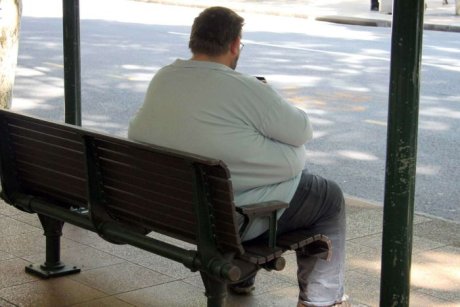A new research shows that people who cannot taste fat in food have more chances of becoming obese due to overeating.
Researchers at the Deakin University, Australia, found that people who are unable to detect or taste the fat in foods eat significantly more during lunch after a heavy breakfast than those who can taste fat.
“These results suggest that the ability to taste fat is linked with the fullness experienced from fat,” Deakin’s Professor Russell Keast said in a news release.
“If you do not taste fat or experience the fullness associated with eating fatty food, you are likely to be more hungry and consume more energy after an earlier fatty meal.
“And as we know overconsumption of foods, particularly fatty foods, is associated with people being overweight or obese,” Keast said in a statement.
The study looked at the results of 24 participants who were given high fat, high carbohydrate, and high protein breakfast – followed by a buffet-style lunch, writes Nature World News.
Researchers then measured the calorie intake of participants’.
Researchers found that people who ate more fatty foods had taste buds that were less sensitive to fat.
“Through this latest study we now see that low sensitivity to fat taste impairs the body’s ability to register the fullness signals that would normally come from eating fatty foods,” said Keast in a news release.
“The evidence is therefore building that increasing fat taste sensitivity in those who are insensitive is required as one way to address the growing obesity problem.”
Other studies have shown that a diet high in fat makes people addicted to high-fat food resulting in depression and even changes the brain’s circuitry.
Increasing obesity rates have been credited with the rise of chronic diseases such as heart disease and diabetes.
Agencies/Canadajournal
 Canada Journal – News of the World Articles and videos to bring you the biggest Canadian news stories from across the country every day
Canada Journal – News of the World Articles and videos to bring you the biggest Canadian news stories from across the country every day



